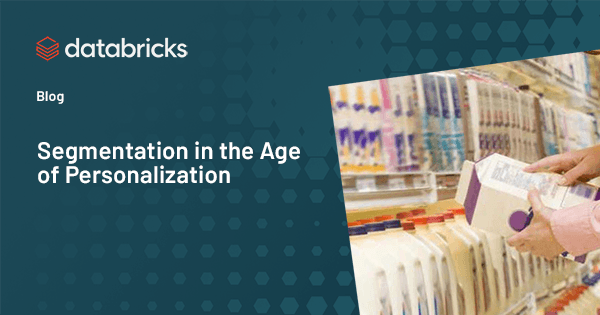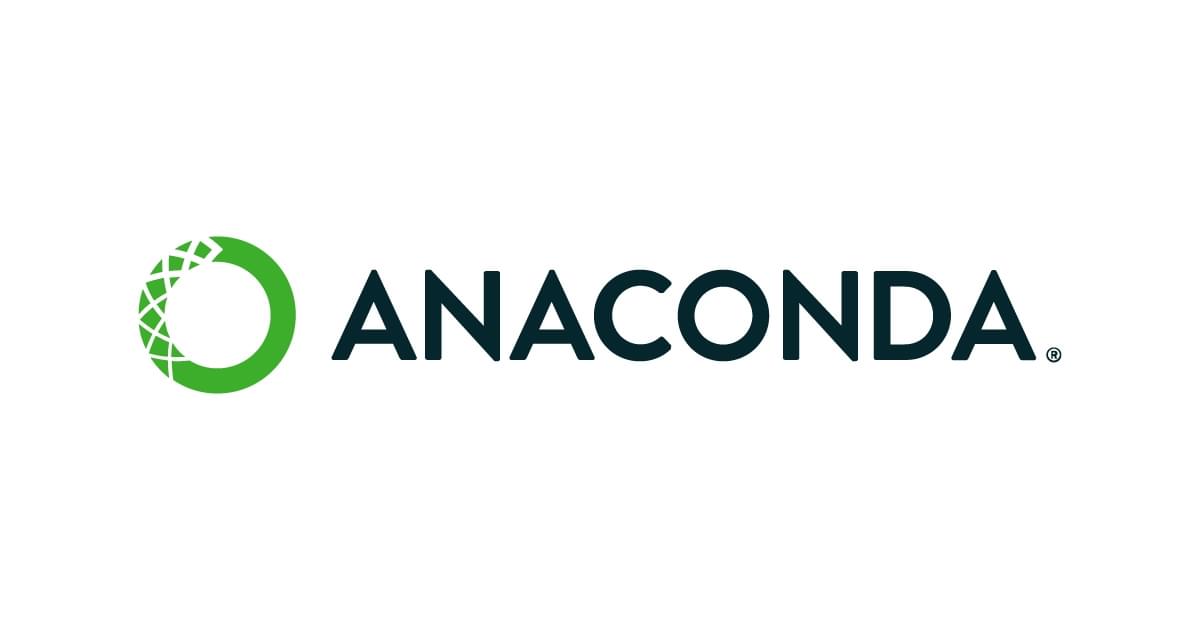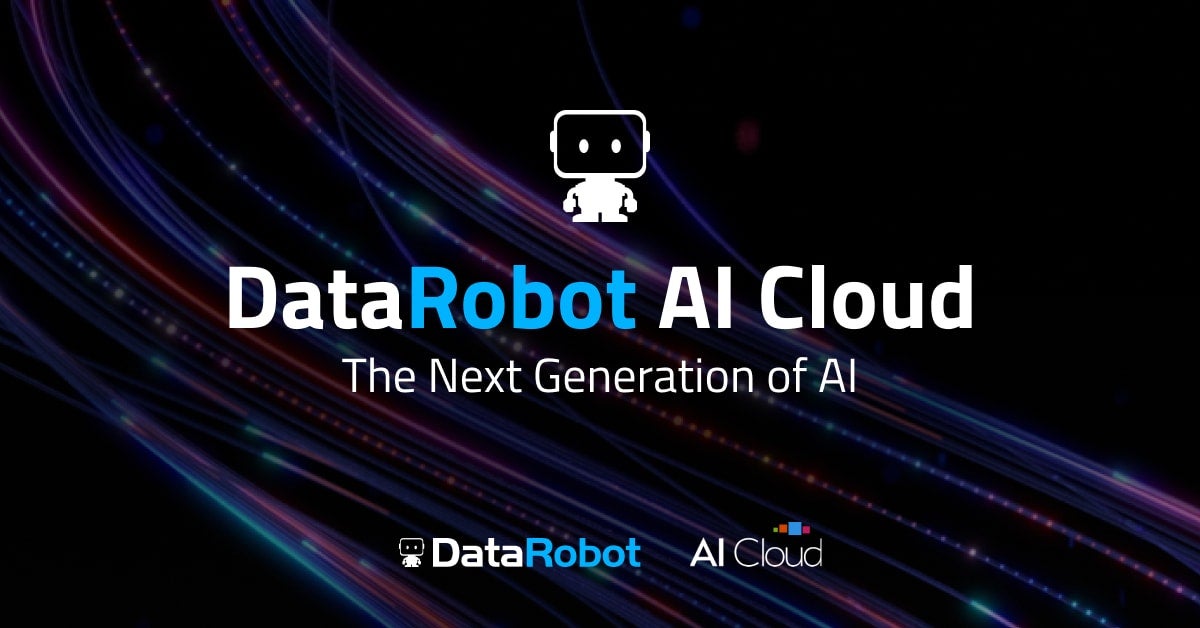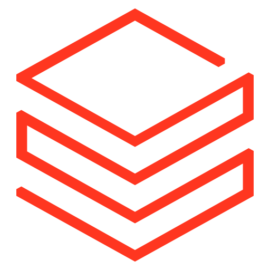Industrial Tools Every Data Scientist Should Know
The top Data Science Industrial tools that a Data enthusiast should be aware of. These tools are divided into three categories; Coders, Clickers, and AutoML. Read to find out more..

Introduction
Data Science has proven to be a roar in almost every industry. If your team or company isn't home to a data wrangler yet, it surely won't be long until it is. Data Science leverages the obtained data sets to generate some informative insights that optimize the profits of an organization.
Here is a post on how world-class businesses are using Machine Learning to improve their business outcomes:

In this process, a Data Scientist is responsible for sourcing data, building models, and operationalizing machine learning, and to do so, Data Scientists require various industrial tools to help them develop and deploy their data science and machine-learning solutions. Gartner defines these tools as ;
"A cohesive software application that offers a mixture of basic building blocks essential both for creating many kinds of data science solutions and incorporating such solutions into business processes, surrounding infrastructure and products."
Here are the top Data Science tools every Data Scientist should be aware of:
Let's divide these tools into three categories, one for coders, one for clickers, and one dedicated solely to AutoML,
CODERS
1. Databricks

Databricks is an open and unified data analytics platform for data engineering, data science, machine learning, and analytics from the original creators of Apache SparkTM, Delta lake, MLflow, and Koalas.
A review of databricks by a Lead Consultant of the firm with a size of 200M-500M USD ;
This platform has been on the top in all of the data preparation tool that we have worked. The user can establish great collaboration in the organization by sharing the helpful resources that improves the performance of workflow.
Pros:
• Runs on multiple clouds
• It's a powerful tool for power users
• It's easy to buy
Cons:
• It's for coders only
•There are no responsible AI safeguards
•There is growing competition from cloud providers
How to build: Customer segmentation for personalization by DataRobot

2. DOMINO

Domino Data Lab is the provider of the industry-leading open data science platform. According to some reviews, Domino has been able to handle large datasets with enhanced accuracy and greater tolerance exceptionally. The Extraction and loading times are also much lesser as compared to the other competitive tools present in the market.
Pros:
• It's great for large teams
• It has a complete MLOps offering
• Runs on hyper-architecture
Cons:
• Only good for big Data Science teams
• Low market awareness
3. Anaconda

Anaconda was built by data scientists, for data scientists.
Anaconda offers serious solutions to versatile data science and ML problems. Being an open-source platform, it caters to all the ever-changing business needs.
"We originated the use of Python for data science back in 2009. This is still our passion: using the world’s best, most intuitive programming language to do the hardest math out there. We like our data science models explainable, repeatable, and free from bias, and we want to help people do it that way."
Pros:
• Flexible
• Open-source safeguards
• Promotes sharing
Cons:
• MLOps offering is incomplete
• There are tech support challenges
• They are just for coders
Get familiarized with some Anaconda use cases ;

CLICKERS
1. Alteryx

Alteryx focuses more on the presentation layer and tries to hide the complexity, providing no-code user interfaces to integrate basic machine learning. It can be thought of as a higher level of abstraction, enabling more unification at the cost of flexibility compared to using the lower-level tools directly.
Alteryx can be chosen if you’re focused on marketing and analytics and you want some access to machine learning and data management without writing code.
Pros:
• It caters to both coders and clickers
• It is easy to buy
• They have happy customers
Cons:
• Expensive server offering
• Questionable product strategy
Alteryx Recognized in Gartner Peer Insights 'Voice of the Customer' for Data Science and Machine Learning Platforms Report

2. Dataiku

Dataiku is a cross-platform desktop application that includes a broad range of tools, such as notebooks (similar to Jupyter Notebook), workflow management (similar to Apache Airflow), and automated machine learning. In general, Dataiku aims to replace many of your existing tools rather than integrate with them.
Pros:
•End-to-end pipeline for clickers
•Recent focus on a high ROI
• Dataiku is a fast-growing company
Cons:
• It requires a lot of customization
• Expensive for small teams
Dataiku Raises $400M at a $4.6B Valuation to Enable Everyday AI in the Enterprise

3. KNIME

" At KNIME, we build software to create and produce data science using one easy and intuitive environment, enabling every stakeholder in the data science process to focus on what they do best. "
Knime is similar to Alteryx, but it has an open-source self-hosted option and its paid version is cheaper. It includes machine learning components and analytics integrations with a modular design.
A review for KNIME reads;
This is a super application platform for Data science and analytics , it supports many features related to data processing to model creation and management. We liked the user interface and the faster and smooth data preparation.
Pros:
• Visual workflow
• Cohesive offering
• Flexible purchase model
Cons:
• Small consumer base
• Absence of a responsible AI framework
Explore the space for workflows and verified components provided by KNIME to use as blueprints and building blocks for creating workflows to solve your data science use cases;

AutoML
1. DataRobot

DataRobot is an AI Cloud leader, with a vision to deliver a unified platform for all users, all data types, and all environments to accelerate the delivery of AI to production for every organization.
Datarobot focuses on automated machine learning. You upload data in a spreadsheet-like format, and it automatically finds a good model and parameters to predict a specific column.
Here's how customers Customers Use DataRobot to Increase Their Productivity and Efficiency

Pros:
• It is easy to buy
• Focuses on Customer success
Cons:
• Not always intuitive
• Integration with external data source could be easier
2. H2O AI

The H2O AI Cloud solves complex business problems and accelerates the discovery of new ideas with results you can understand and trust. Their comprehensive automated machine learning (autoML) capabilities transform how AI is created and consumed.
A review for H2O AI reads:
H2O is a full package if an organization wants to use AI and machine learning in their organization. It provides frameworks which are easy to use & also community support is readily available. Existing workflows can be easily integrated into H2O as well because of R and Python interfaces.
Pros:
• Handsfree AutoML offering
• H2O constantly puts out new products
• Explainable AI by default
Cons:
• There is no data access or data prep in the product
•There is little connection between the products
3. Aible

Aible is end-to-end automation that takes you from raw data to optimized recommendations within your enterprise applications - in hours. Aible claims to deliver impact in one month.
Aible makes actionable recommendations that will help achieve the business goals while considering the unique business constraints and changing business conditions.
Pros:
• Rapid ROI
• Easy to implement
• Aible team is very responsive
Cons:
• Limited explanations of the results
• Limited visualizations
Conclusion
Gartner recognized all these vendors of platforms in their Data Science and Machine Learning Platforms Magic Quadrant 2021.
All these tools aim at creating a shortcut for machine learning and analytics. You can choose the Data tool according to your requirements, whether it is for employees from a technical background or a non-technical one, and more. This post was focused on bringing some of the many data tools to your attention.
For more such informative posts - consider subscribing :)
Have a great week!








